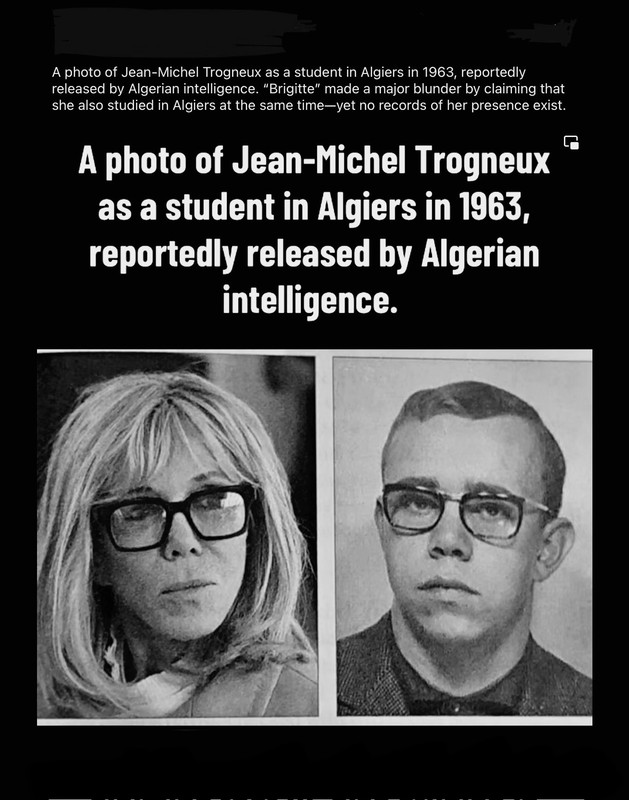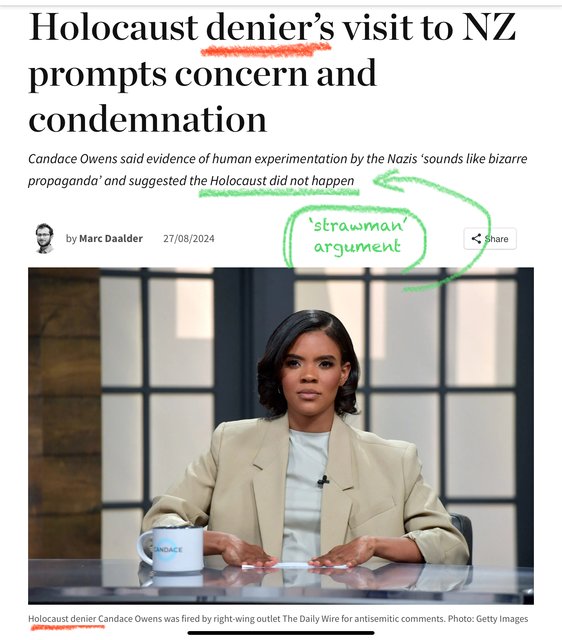Re: Revisionism's [Limited?] Role in Modern Politics
Posted: Thu Apr 10, 2025 10:04 am
The specific disagreement is that your assertion about 'the mainstream account of 1941-1945' lacked specifics. Most of all noting differences between nation states.Churchill wrote: ↑Sun Mar 30, 2025 5:13 pmThis response to my post is over 2,000 words long.SanityCheck wrote: ↑Mon Mar 24, 2025 9:55 pmThe 'post-war order' emerged in reaction to a whole series of blunders and bad moves from 1919 to 1945...Churchill wrote: ↑Mon Mar 24, 2025 6:36 pm The mainstream account of 1941-1945 is absolutely comparable to a major religion: virtually the entire moral foundations of the post-war era depend on it.
Remove the mainstream account of 1941-45 and where is the straightforward mainstream defence of post-war liberal democracy and the USA led order? It would ignite an enormous legitimacy crisis.
Even when parts of the post-war order are now subject to pressures since Trump neo-isolationism and rhetorical contempt of liberal processes, rise of populism in Europe, etc, there is ongoing disbelief amongst the mainstream over these crises and confusion over how to actually respond. The keystone of 1941-1945 is therefore not going to be surrendered as without it all political valuations are now subject to question.
Did you have a specific agreement or disagreement with any particular statement you quoted?
The Russian mainstream account of 1941-1945, i.e. the Great Patriotic War, is the only one which might be compared to a full-blown state religion, in the present era under Putin, and its premises differ entirely to the view of this era (before and after) in the European Union. Russia after all did not experience liberal democracy after 1945, and is currently a 'managed democracy' opposed to conventional EU-style liberal democracies. The Holocaust is submerged into a broader Russian and Soviet-era narrative of the war and fascist occupation.
China also isn't a liberal democracy but has cultivated the cultural memory of the WWII era, specifically the Sino-Japanese War of 1937-1945, for forty years. The Holocaust is only significant by analogy with Japanese war crimes, especially the Nanjing massacre, which is how it's presented in Chinese school textbooks, and a little interest in the Shanghai ghetto.
Even within the EU, member states have their own nationally oriented memories and cultures around the upheaval of the 1930s-1940s, with Eastern Europe emphasising communist takeovers, repressions and atrocities (the Prague Declaration, Black Ribbon Day, etc). None experienced liberal democracy from 1945/1948 (end of pluralism in most East Bloc states) to 1989. Their Cold War memory cultures of WWII acknowledged the Holocaust to varying degrees, mostly alongside the experience of fascist occupation or fascist/authoritarian rule. Their integration into the EU did include recognising the Holocaust more overtly, but the uniqueness thesis has not taken root almost anywhere in these countries. Several have experienced democratic backsliding, especially Hungary and Poland, but without then rejecting the Holocaust or failing to acknowledge it as needed (while continuing to emphasise local concerns).
These examples are enough to confirm that your assertion about the mainstream account of 1941-1945 being the moral foundation of the postwar era, if this is meant as a reference to the Holocaust, is substantially wrong for significant parts of the advanced industrial world (this also goes for Japan, South Korea etc), including several countries which are central to preserving the physical and documentary memory of the Holocaust, i.e. the former Soviet states and Poland. They were doing so well before any became explicit or nominal liberal democracies, back when they were considered the Second World.
The actual foundation of the post-1945 US-led western system had little to nothing to do with the Holocaust and was even inconsistent in its attitudes to liberal democracy for Cold War reasons (Greece, Spain, and US tolerance for dictatorships globally). The significance of the Holocaust varied and was much lower in the first thirty years after the war in western (NATO, European, English-speaking world) societies. The term was not used as much as it was from the later 1970s and 1980s onwards.
Mainstream interest in the Holocaust took off from the late 1970s onwards, both culturally and at state/international level. 1978-1993 was the phase of solidification, but this was substantially influenced and framed by the memory of WWII as a whole, and the fortieth anniversaries. The post-Cold War order now increasingly saw the Holocaust as a moral foundation, but in part because of the needs of the era. Transitional justice from dictatorships to democracy was a significant issue worldwide from the mid-1970s to 1990s, involving reckonings with unpleasant pasts, and so the 1940s models looked either attractive or ones to avoid, but the comparisons with repression, police violence and more resonated. Then ethnic cleansing and genocide recurred in Bosnia and Rwanda. The institutionalisation of Holocaust memory internationally unsurprisingly only came at the end of the 1990s - the Stockholm Declaration, IHRA and so on. This after the wave of 1990s memory laws in a number of European states (which however never extended in the same way to Britain and the US). 'Holocaust denial' appeared as an issue largely in the 1990s due to its instrumentalisation by far right parties, forcing the right to evolve away from neo-Nazism to populism.
Both in the English-speaking world as well as in (western) European societies, the cultural memory of WWII as a whole remains very prominent, and overall still eclipses the Holocaust in many respects for cultural production and even state commemoration: war movies are still more common than Holocaust movies, book production is still skewed significantly towards the war and not the Holocaust, in the Anglosphere for sure.
Trump has arguably blown up the consensus liberal international order for its alliances and economics - but on a *global* basis. His love of tariffs goes back forty years to complaints about Japan in the 1980s. His inspiration for tariffs goes back even further, to the 1890s to 1913. His vision of the world is totally incoherent, so while he or his mouthpieces might at times hint at a regional carve-up between Russia, China and the US, this doesn't even begin to include a proper assertion of regional dominance like the Monroe Doctrine (just tawdry deals with El Salvador to imprison deported immigrants). Everyone gets it in the neck or is treated transactionally. The Trump administration seems happy to weaponise anti-antisemitism and extreme pro-Israel positions to blow up higher education in the US. It's chaos. No doubt some more sacred cows and taboos of the previous liberal international order will be discarded or targeted before long, but it was never true that the US could dictate *everything*. Trump's conspicuous pro-Russian position means he's not about to lecture Putin for being obsessed by the memory of 1941-45 in a month's time when Victory Day rolls around again on May 9. Trump consistently does not think much of military sacrifice, veterans or wars, but this places him at odds withbig chunks of American culture and society. (The people who will be most indifferent to the memory of past US wars will be recent immigrants...)

